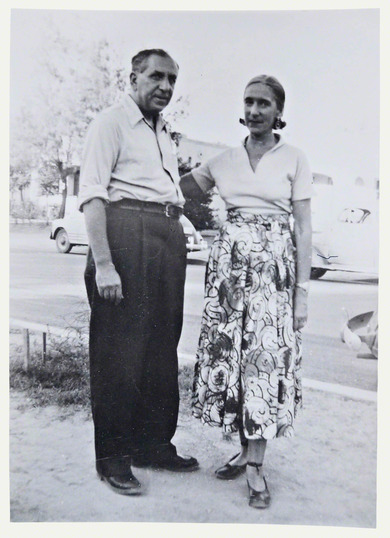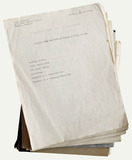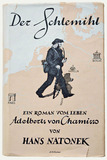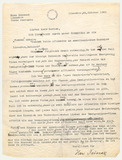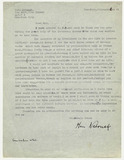Hans Natonek(Immanuel, Hans Eff, Hans Egg, Jean und E. Menet, N. O. Kent, Norbert, Hans Norbert, Nek, H.N., Zett, Ert)
Hans Natonek(Immanuel, Hans Eff, Hans Egg, Jean und E. Menet, N. O. Kent, Norbert, Hans Norbert, Nek, H.N., Zett, Ert)
„Bitte sprechen sie recht langsam“, sagte ich, „damit ich Sie besser verstehe.“ Der Mann verstand, ich sei taub und schrie mir ins Ohr. Es wird noch mehr solcher Missverständnisse geben.
[“Please speak very slowly”, I said, “so that I can understand you better.” The man assumed that I was deaf and yelled into my ear. There will be more such misunderstandings. (ed. trans.)]
Hans Natonek, Der erste Tag, 7 February 1941, Aufbau, New York
| Born | on 28 October 1892 in Prague, Czechoslovakia |
|---|---|
| Died | on 23 October 1963 in Tucson, Arizona, United States of America (USA) |
| Exile | Czechoslovakia, France, United States of America |
| Profession | Writer, Journalist |
In 1940, Hans Natonek was at the height of his powers as a writer and journalist. When he arrived in the US on 20 January 1941, he had been through some tumultuous years, from the loss of his job and German citizenship, to denunciations by his first wife and exclusion from the Reich Chamber of Culture. With two suitcases, he had fled into exile in Prague in late 1934/early 1935 and had bought Czech citizenship there. He worked for German-language newspapers in Prague as well as exile journals. But Natonek had no interest in establishing contacts in the art and literature scene, instead increasingly isolating himself. One day after the pogroms of 9 November 1938, he fled again, this time to Paris. There he worked as a journalist for the Neue Tagebuch, the Pariser Tagezeitung and Zukunft, among other publications. He also maintained contacts to the émigré community, included Joseph Roth, Walter Mehring, Ernst Weiß and Hertha Pauli. With the invasion of the German Wehrmacht in June 1940, he decamped to Marseille, and from there over the Pyrenees to Lisbon. After months of waiting, in January 1941 he made his way to the US with the assistance of various relief organisations. He had left Europe for good, as well as his professional success, which eluded him in America.
Selected works:
Geld regiert die Welt oder: Die Abenteuer des Gewissens (prose, 1930)
Kinder einer Stadt (prose, 1932)
Der Schlemihl (prose, 1935)
In search of myself (Autobiografischer Roman, 1943)
Blaubarts letzte Liebe (prose, 1988)
Further reading:
Böttger, Steffi (Hg.): Hans Natonek. Letzter Tag in Europa. Gesammelte Publizistik 1933 – 1963. Leipzig: Lehmstedt 2013

